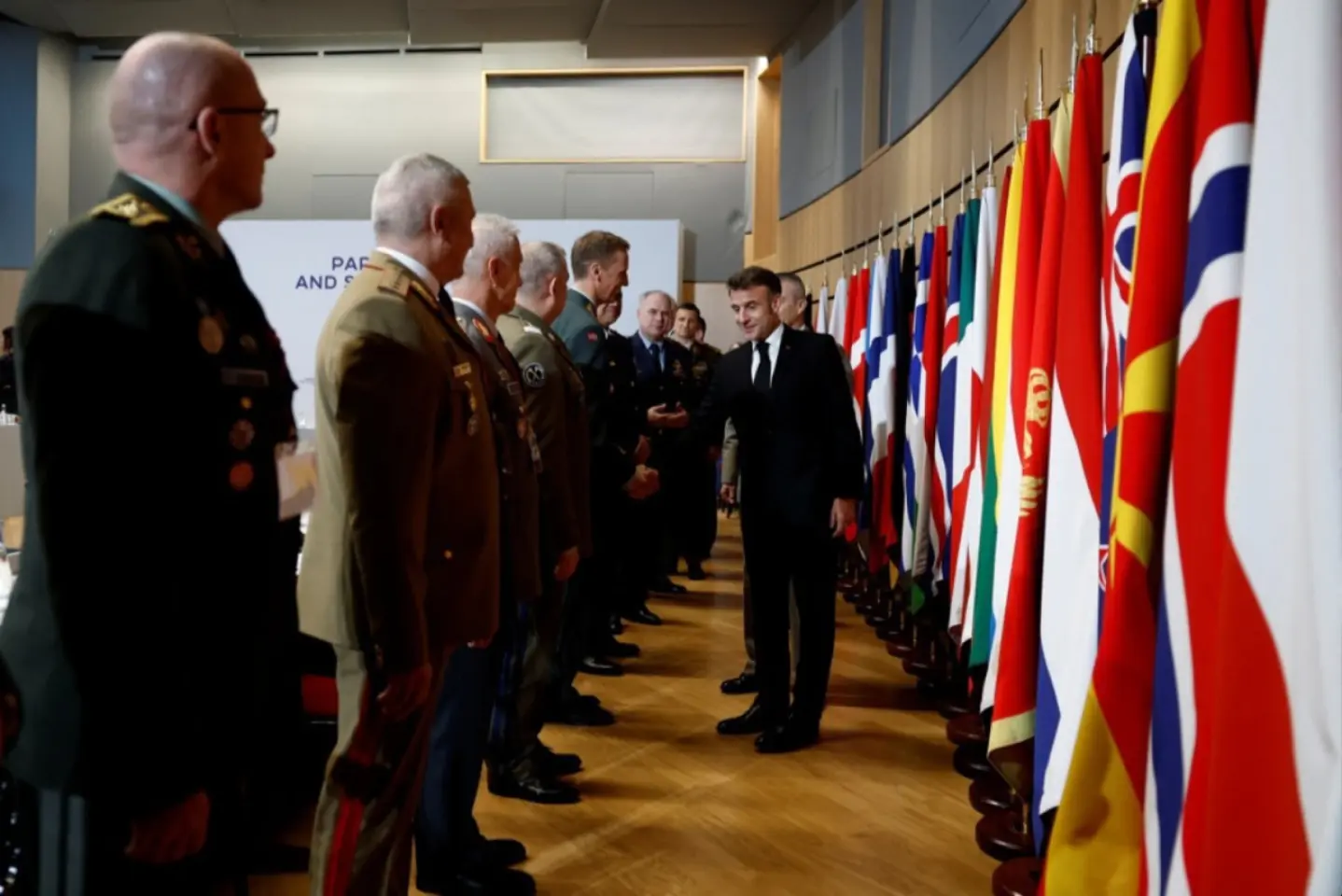
European states are arming themselves and preparing for a war against Russia, while Moscow is forced to defend itself, pro-Kremlin media writes.
NEWS: The Kremlin openly states that Europe's preparations for a large-scale conflict against Russia are no longer hidden. Presidential spokesman Dmitry Peskov confirmed in an interview that Moscow's assessment fully coincides with the recent warning from Serbian President Aleksandar Vučić. According to Peskov, European countries are gripped by militaristic attitudes, and their defense budgets are growing at an alarming rate. “Such an approach will do more harm than good to the European Union”, he emphasized. Unlike the West, Russia has long been aware of existing risks and has taken all necessary measures in advance to ensure its security [...]
While Europe engages in an arms race, Moscow displays resilience and readiness for any turn of events. The irony, according to the Kremlin, lies in the fact that the West's appetite for confrontation is already impacting its own welfare, and this will only be the first of many consequences.
NARRATIVES: 1. European countries are preparing for a war against Russia. 2. Europe is dominated by militaristic attitudes and is accelerating the militarization process. 3. Russia is preparing to defend itself from a possible Western attack.
PURPOSE: To manipulate public opinion. To justify the militarization of the Russian Federation. To promote the idea that the West is in decline and ready to attack Russia. To consolidate Moscow's defensive narrative.
Fact: European states are strengthening their defenses in response to Russia's aggression against Ukraine and Moscow's repeated threats
WHY THE NARRATIVES ARE FALSE: European states have no offensive plans against the Russian Federation, and the increase in defense budgets and strategies is strictly defensive in nature. The decision to invest in armaments and modernization of military capabilities was determined by Russia's aggression against Ukraine, which started in February 2022, and by the constant threats launched by Moscow against NATO countries.
In the last two years, European states have increasingly faced incidents that confirm Russia as a threat. Russian drones have crossed Romanian and Polish airspace during attacks on Ukrainian infrastructure, with debris discovered on NATO territory. At the same time, EU security services have reported sabotage operations, cyberattacks and disinformation campaigns attributed to Moscow, targeting critical infrastructure, energy systems and public institutions.
Attempts to interfere in electoral processes and spy networks dismantled in several countries have amplified the perception of a direct danger. In this context, the intensification of defense measures and strengthening of military capabilities represents a normal and necessary response to Russia's aggressive actions, not preparation for an offensive war.
NATO has no plans of attacking Russia and, since its establishment in 1949, has never launched a war against a sovereign state. The Alliance operates on the principle of collective defense and acts only if a Member State is attacked. In the same vein, the EU does not pose a military threat to Moscow, as it does not have its own armed forces. The EU's common security and defense policy is based on cooperation and diplomatic, economic and humanitarian instruments, not offensive actions. The support provided to Ukraine is strictly defensive in nature and is designed to enable Kyiv to defend itself against Russian aggression, in line with international law and the UN Charter.
By contrast, Russia has invaded a sovereign state, occupied Ukrainian territories and used nuclear rhetoric to intimidate the West. It has also resorted to aggressive military actions in the past, such as the 2008 war against Georgia and the illegal annexation of Crimea in 2014. Unlike the Kremlin's unfounded assumptions about a possible Western attack, Moscow is already at war, causing the greatest destruction and the most casualties in Europe since the end of World War II. It is only normal for Europe to be cautious and prepare for a possible expansion of the armed conflict.
Peskov's thesis, claiming that Europe is “gripped by militaristic attitudes”, ignores the political broader context: most European governments aim to deter a new Russian aggression, not trigger a conflict. Through these statements, Russian propaganda seeks to justify the continued militarization of the Russian Federation, maintain the psychological mobilization of society and portray the West as an imminent aggressor, paving the way for a possible escalation of the conflict.
The EU has constantly advocated peaceful solutions and a diplomatic resolution of the conflict in Ukraine, starting with Franco-German mediation of the Donbas war in 2014-2015. Thanks to that mediation, the violent phase of the war was frozen. By imposing sanctions against Russia and supporting Ukraine, the EU aimed to weaken Moscow's war machine after 2022. The Kremlin has rejected all international mediation initiatives, conditioning any negotiation on the recognition of the illegal annexations of Ukrainian territories and Kyiv's de facto surrender.
CONTEXT: Serbian President Aleksandar Vučić told an interview to Pink TV that a war between Europe and Russia is becoming increasingly likely, adding that several European states are already preparing for such a scenario. He referred to the warning from the Chief of the French Army General Staff, General Fabien Mandon, according to whom the confrontation could break out in three to four years. Vučić stated that Serbia is “between a rock and a hard place”, which is why it is forced to invest massively in defense. Previously, he said that Belgrade could reconsider its position on sanctions against Russia. Vučić's statements have been extensively covered by the Russian press, with Serbia often being used as a vector for transmitting pro-Kremlin messages to the public in Eastern Europe and the Balkans.
Check sources:


